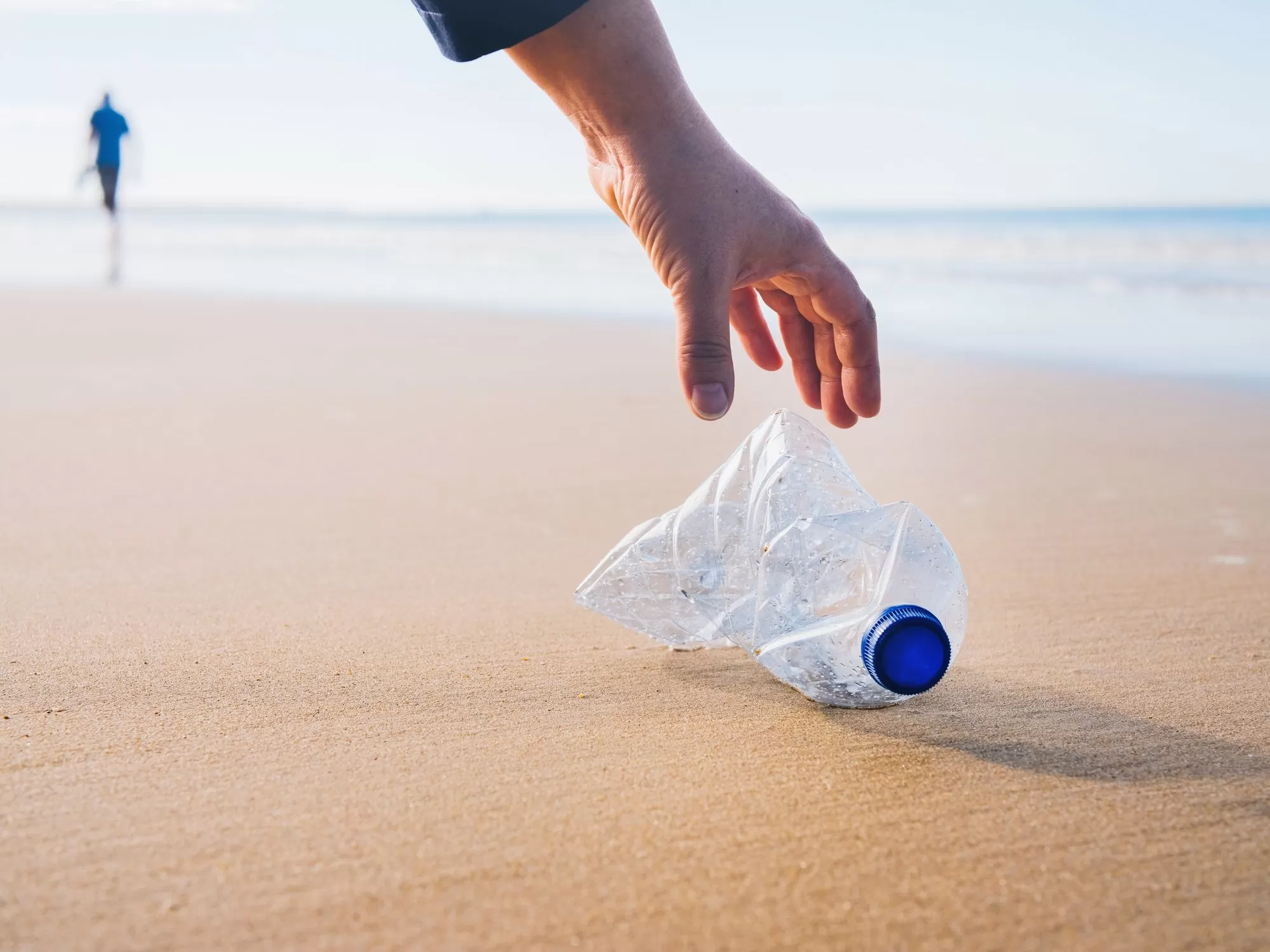A concerned academic suggests that the principle of ‘avoidance and prudence’ should guide individuals and states in using plastics across various aspects of life.
Plastics have become an integral part of our daily lives. From the packaging of our food and drinks to the materials used in our homes and offices, it is hard to imagine a world without plastic. However, the convenience and versatility of plastic come at a cost. The increasing use of plastic has led to a global environmental crisis, with devastating effects on our planet and its inhabitants. As an academic, it is my duty to raise awareness and suggest solutions to this pressing issue. I strongly believe that the principle of ‘avoidance and prudence’ should guide individuals and states in using plastics across various aspects of life.
The first step towards addressing the plastic problem is to avoid its use whenever possible. We have become so accustomed to the convenience of plastic that we often overlook its harmful effects. It is high time we start questioning our choices and opt for more sustainable alternatives. For instance, instead of buying bottled water, we can invest in a reusable water bottle. This simple change can significantly reduce the amount of plastic waste generated. Similarly, we can carry our own cloth bags while shopping instead of using single-use plastic bags. These small changes may seem insignificant, but when practiced by a large number of people, they can have a significant impact on the environment.
Moreover, we need to be prudent in our use of plastic. This means using it responsibly and disposing of it properly. It is disheartening to see plastic waste littering our streets, beaches, and oceans. This not only harms the aesthetic appeal of our surroundings but also poses a severe threat to marine life. The plastic waste that ends up in the ocean breaks down into microplastics, which are ingested by marine animals, causing them harm. We must take responsibility for our actions and ensure that we dispose of plastic waste correctly. Recycling is another crucial aspect of being prudent in our use of plastic. By recycling, we can reduce the amount of plastic waste that ends up in landfills and our oceans.
Individuals are not the only ones responsible for reducing plastic use. Governments and states also have a crucial role to play in addressing this issue. They must implement policies and regulations that promote the use of sustainable alternatives and discourage the use of single-use plastics. For instance, some countries have imposed a ban on plastic bags, while others have introduced a tax on plastic products. These measures have proven to be effective in reducing plastic waste and promoting a more sustainable way of living.
Furthermore, governments must invest in research and development to find alternatives to plastic. The production of biodegradable and compostable plastics is a step in the right direction. These plastics break down into natural materials, reducing their impact on the environment. However, it is essential to note that even these alternatives should be used sparingly, and their disposal must be done correctly.
The principle of avoidance and prudence should also extend to the corporate world. Companies must take responsibility for the plastic waste generated by their products. They must invest in sustainable packaging and take measures to reduce their carbon footprint. Consumers are becoming increasingly aware of the environmental impact of their purchases, and companies that adopt sustainable practices are more likely to gain their trust and loyalty.
In addition to reducing plastic use, we must also focus on cleaning up the existing plastic waste. Governments and organizations must work together to organize regular beach and ocean cleanups. This not only helps in removing plastic waste but also raises awareness about the issue. Furthermore, we must invest in technologies that can help in cleaning up the plastic waste that has already accumulated in our oceans.
In conclusion, the principle of avoidance and prudence should guide individuals and states in using plastics across various aspects of life. We must avoid the use of plastic whenever possible and be prudent in our use and disposal of it. Governments must implement policies and invest in research to promote sustainable alternatives to plastic. Companies must also take responsibility for their plastic waste and adopt sustainable practices. It is only by working together and making conscious choices that we can overcome the plastic crisis and create a cleaner and healthier planet for future generations. Let us all pledge to follow the principle of avoidance and prudence and do our part in protecting our planet.






